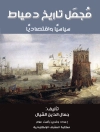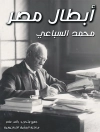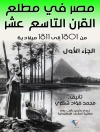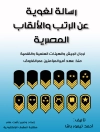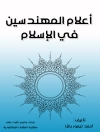This book reconstructs the history of a group of British Quaker families and their involvement in the process of settler colonialism in early nineteenth-century Australia. Their everyday actions contributed to the multiplicity of practices that displaced and annihilated Aboriginal communities. Simultaneously, early nineteenth-century Friends were members of a translocal, transatlantic community characterized by pacifism and an involvement in transnational humanitarian efforts, such as the abolitionist and the prison reform movements as well as the Aborigines Protection Society. Considering these ideals, how did Quakers negotiate the violence of the frontier? To answer this question, the book looks at Tasmanian and South Australian Quakers’ lives and experiences, their journeys and their writings. Building on recent scholarship on the entanglement between the local and the global, each chapter adopts a different historical perspective in terms of breadth and focused time period. The study combines these different takes to capture the complexities of this topic and era.
Tabla de materias
1. Introduction.- 2. Violence and Pacifism: Writing the History of the Anglo-World from within.- 3. A Peculiar People: Quakers and the Atlantic World around 1800.- 4. Quakers in Early Nineteenth-Century Van Diemen’s Land.- 5. The Case of James Backhouse and George W. Walker: Quaker Ministers and Colonial Governmentality, 1834.- 6. Being at Home: Van Diemen’s Land as a Quaker Settler Space.- 7. The Case of Francis Cotton and George F. Story: Quaker Settlers and the Tasmanian Frontier, 1829-1831.- 8. Removal, Reform, Protection: Building a Humanitarian Empire.- 9. Tasmanian Lessons: Translation of Quaker Experiences and Concepts, 1836-1843.- 10. Conclusion.-
Sobre el autor
Eva Bischoff is Assistant Professor of International History at Trier University, Germany. Her research interests include Colonial and Imperial History, Postcolonial Studies, Settler Colonial Studies as well as Gender/Queer Studies.


